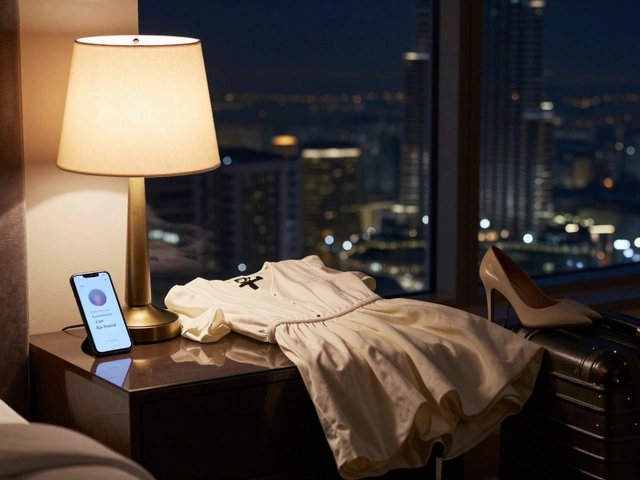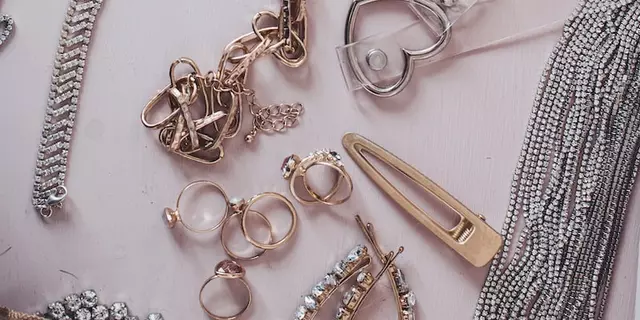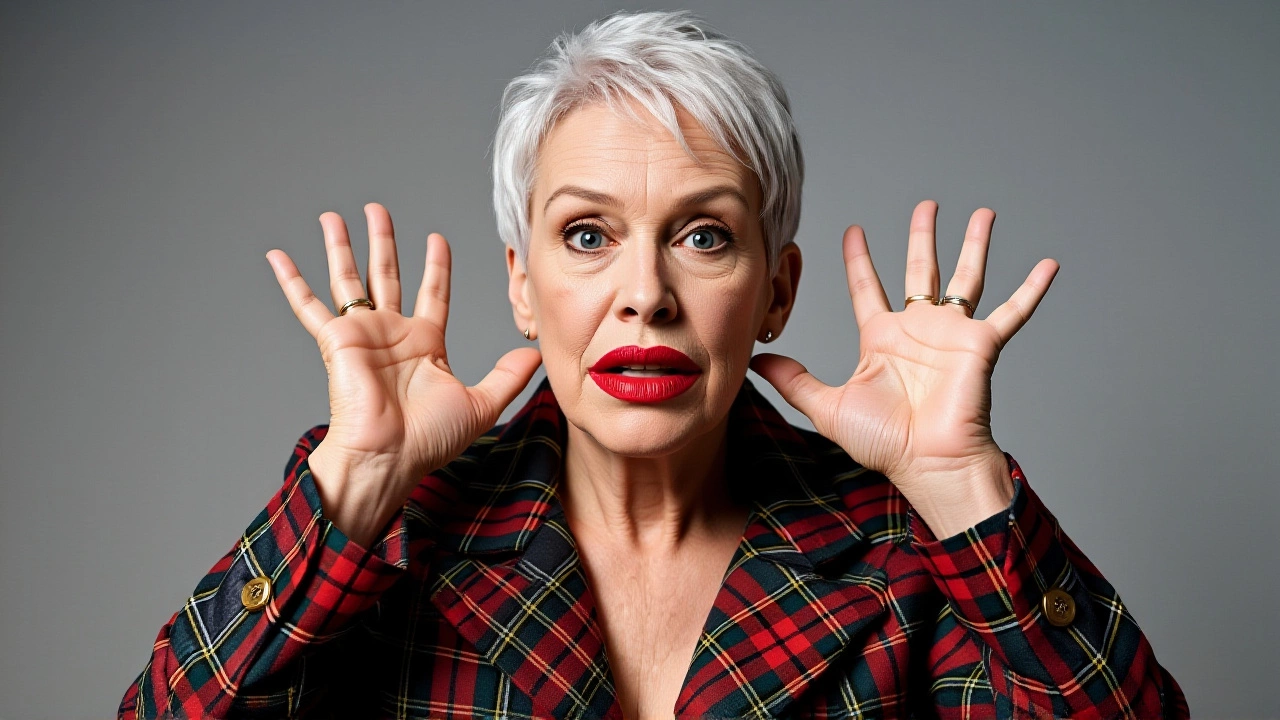
At 67, Jamie Lee Curtis isn’t just reflecting on her past—she’s sounding an alarm about the future of beauty. In a candid May 2025 interview on CBS's '60 Minutes', and later expanded in Benjamin Lee’s May 14, 2025, article for The Guardian, the Oscar-winning actress revealed she underwent cosmetic surgery at age 25 after a cinematographer told her, "Your eyes are baggy," during the 1985 filming of the movie 'Perfect'. It was a moment that changed her face—and her life. "I was 25," she said. "And for him to say that, it was very embarrassing." She didn’t just cry in her trailer. She booked a surgeon.
The Moment That Changed Her Face
The comment came on set in Los Angeles, during a routine shoot. No one else heard it. No one else thought twice. But for Curtis, it was a professional death sentence in a world that still equated youth with worth. She didn’t have a therapist, a support system, or social media to vent to. So she did what many women in Hollywood did then—and still do: she fixed it. "I regretted it immediately," she told '60 Minutes'. "And I’ve kind of sort of regretted it since." Four decades later, the scars aren’t just physical. They’re emotional. The surgery didn’t make her more employable. It didn’t make her happier. It just made her quieter.
A Generation of Altered Faces
What started as personal regret has grown into a public crusade. Curtis didn’t stop at her own story. She turned her pain into a warning. "We have wiped out a generation or two of natural human [appearance]," she told The Guardian. Her words landed like a hammer. She pointed to fillers, Botox, and surgical reshaping—not as individual choices, but as a cultural erosion. "There’s a disfigurement of generations of predominantly women who are altering their appearances," she said. And here’s the twist: she blames technology, not just vanity. "It is aided and abetted by AI, because now the filter face is what people want."
It’s a chilling observation. Instagram filters, TikTok beauty trends, and facial recognition algorithms are now training a generation to see their own faces as broken. Curtis didn’t need AI to feel ugly. She just needed one man on a film set to say so. Now, millions of young women are being told—by algorithms—that their real faces aren’t good enough.
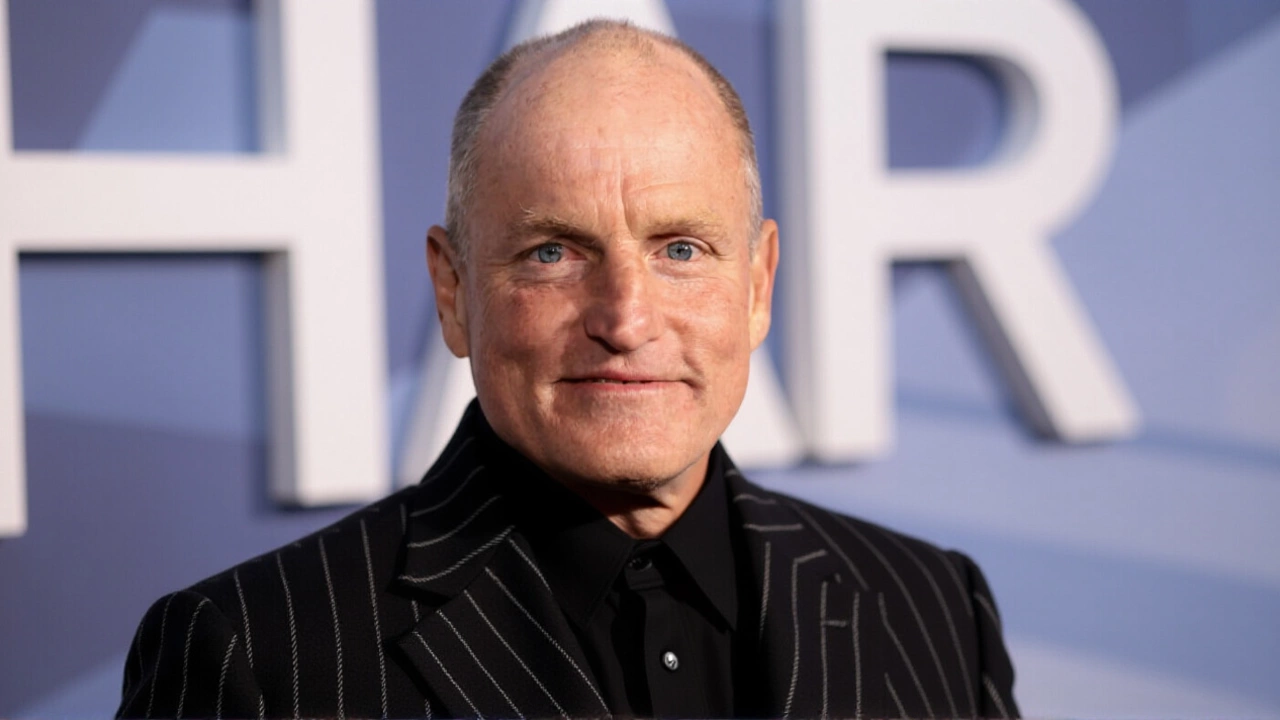
"I Have Short Gray Hair"
Some critics called her out: "How can you lecture on natural beauty when you’re a wealthy movie star?" Curtis didn’t flinch. "I have short gray hair!" she shot back. "Other women can do the same." It wasn’t a boast. It was a blueprint. She’s not asking anyone to look like her. She’s asking them to stop pretending to look like someone else. She’s not proselytizing. She’s not judging. But she’s not silent either. "It’s none of my business to tell others what to do with their bodies," she said. "But I’m not going to pretend this cycle isn’t an addiction."
The comparison to addiction is deliberate. She’s seen it in friends, in interns, in strangers who stop her on the street. "They’ll say, ‘I just want to look like myself’—but they’ve changed so much, they don’t even know who that is anymore."
The Long Shadow of 'Perfect'
The 1985 film 'Perfect' was meant to be a romantic comedy about fitness and image. Instead, it became the origin story of Curtis’s activism. The cinematographer who made the comment? He’s long since faded from public memory. But his words? They’ve echoed for 40 years. Curtis didn’t become a feminist icon overnight. It took decades of quiet self-reclamation—of saying no to touch-ups, no to retouching, no to the next procedure. "I have no plans to go under the knife anytime soon," she confirmed. "It was not a good thing for me to do."
Her journey mirrors a broader cultural reckoning. The #BodyPositivity movement, the rise of unfiltered influencers, the backlash against plastic surgery influencers on TikTok—these aren’t trends. They’re reparations. And Curtis, once a victim of the system, is now one of its most powerful critics.
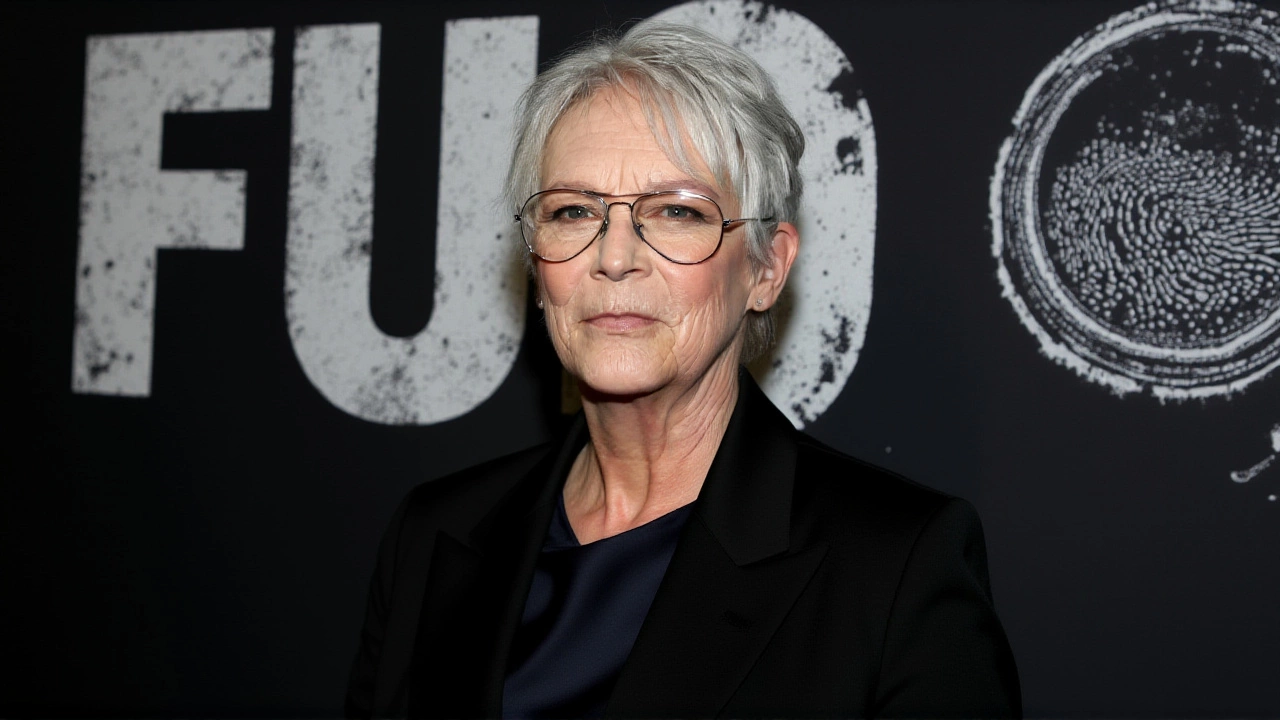
What Comes Next?
Her message is spreading. In May 2025, the American Society of Plastic Surgeons reported a 12% drop in procedures among women under 30—the first sustained decline in a decade. Experts cite rising awareness, economic pressure, and yes—celebrity voices like Curtis’s. "She’s not preaching," says Dr. Elena Ruiz, a cosmetic psychologist at Stanford. "She’s sharing trauma. And trauma resonates more than any ad campaign ever could."
Meanwhile, AI companies are quietly adjusting their filters. Meta and Instagram now offer an "unfiltered" toggle in their beauty settings. Not because of regulation. Because users asked for it. Curtis didn’t start this movement. But she gave it a face—and a voice—that won’t be erased.
Frequently Asked Questions
Why did Jamie Lee Curtis wait 40 years to speak out about her surgery?
Curtis spent decades avoiding the topic because she felt shame and didn’t want to be seen as bitter or entitled. She only began speaking publicly in her 60s, after realizing her story could help others avoid the same trap. Her 2025 interviews marked a turning point—not because she was ready, but because the cultural conversation had finally caught up to her pain.
How does AI contribute to unrealistic beauty standards today?
AI-powered filters smooth skin, shrink noses, widen eyes, and even alter jawlines in real time, creating a homogenized "filter face" that millions now believe is normal. Studies show teens who use these filters daily are 3x more likely to consider cosmetic surgery. Curtis argues this isn’t enhancement—it’s erasure of natural variation, especially among women of color and older women who are rarely represented in filtered imagery.
Is Jamie Lee Curtis against all cosmetic procedures?
No. She explicitly says it’s "none of my business" what others choose to do with their bodies. Her criticism is aimed at the industry that pressures people into believing they need to change, and the systems—like AI—that make natural features seem flawed. She’s against the culture of compulsion, not individual autonomy.
What impact has her advocacy had on the beauty industry?
Since her May 2025 interviews, searches for "natural beauty" and "unfiltered selfies" spiked 200% on Google Trends. Major brands like L’Oréal and Dove have shifted ad campaigns to feature real skin texture and aging. The American Society of Plastic Surgeons noted a 12% decline in procedures among women under 30—the first drop in ten years—suggesting her message is resonating beyond celebrity circles.
Why does Curtis focus on women in her critique?
While men face pressure too, women are disproportionately targeted by the beauty industry, with over 90% of cosmetic procedures globally performed on women, according to the ISAPS. Curtis highlights how societal expectations, media representation, and AI filters have historically been weaponized against women’s appearances, making them the primary victims of this "disfigurement of generations." She doesn’t ignore men, but her lived experience centers women’s struggles.
What’s the connection between her 1985 surgery and today’s filter culture?
The same insecurity that made her believe her "baggy eyes" were unacceptable now drives teens to use filters that erase their natural features. The cinematographer’s comment was a human judgment. Today, it’s an algorithm. Both tell you you’re not enough. Curtis sees them as the same poison—just packaged differently. Her message: Don’t let anyone, human or machine, decide what your face should look like.


